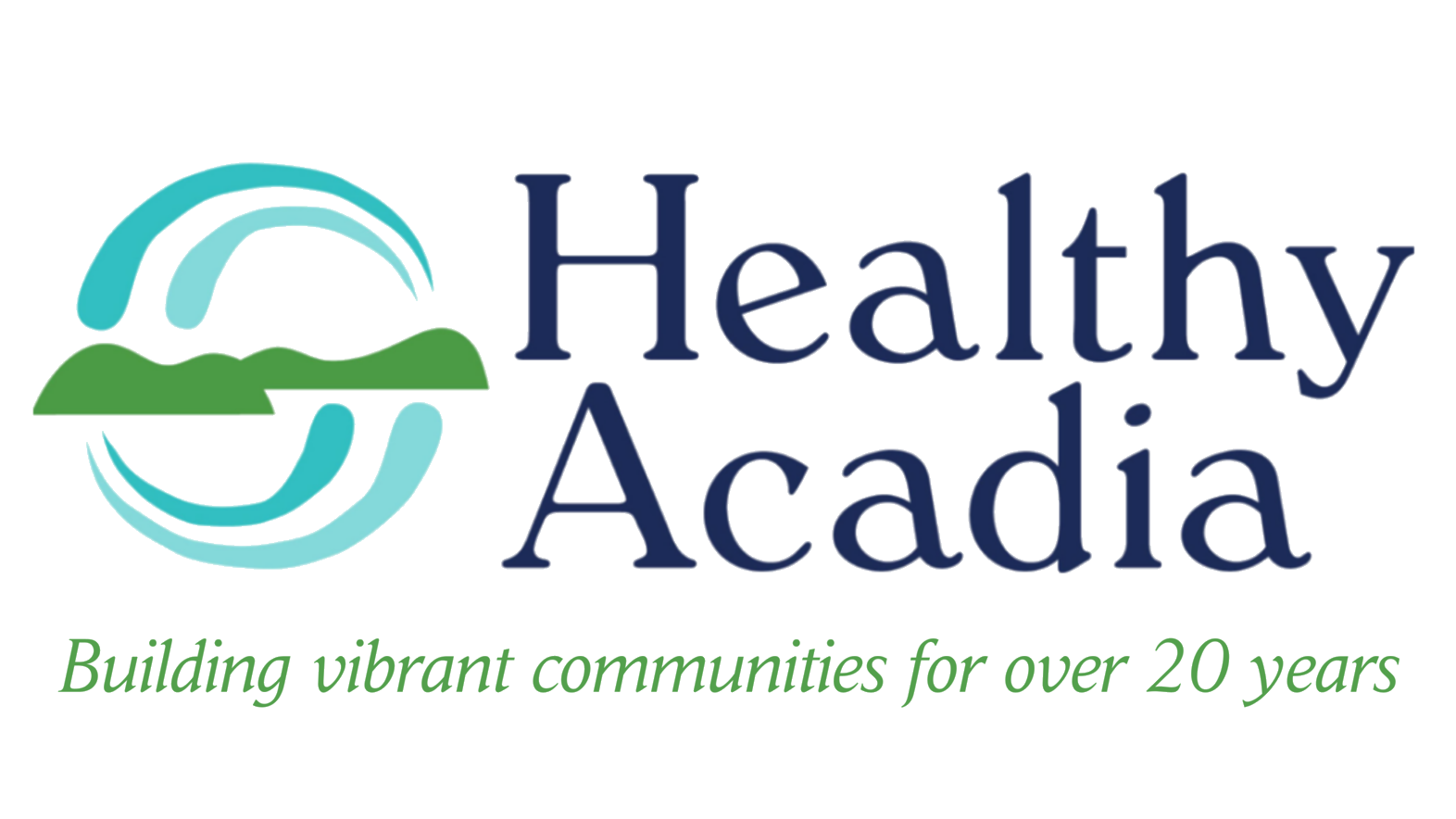The Remarkable Health Benefits of Maine Wild Blueberries
Contributed by: Shannon Cherry Maine SNAP-Ed Nutrition Educator
It’s blueberry season here in Downeast Maine and I couldn’t pass up the opportunity to share all the benefits these amazing little berries contain. Maine wild blueberries are known to be small, vibrant, and packed with flavor, but they are more than just a local delicacy. These berries are good for you and support Maine’s local farmers.
These native North American berries, grown mostly in the barrens of Downeast Maine, are considered one of the most nutrient-dense fruits in the world. Unlike cultivated blueberries, wild blueberries (Vaccinium angustifolium) grow naturally and are genetically diverse, giving them a more intense flavor and richer nutrient profile. Let’s explore what makes Maine wild blueberries so exceptional.
They are rich in antioxidants! One of the most celebrated benefits of wild blueberries is their extraordinarily high antioxidant content. They contain more antioxidants than almost any other fruit or vegetable, primarily in the form of anthocyanins—the pigments that give blueberries their deep blue color. Antioxidants help combat oxidative stress, which is linked to aging and chronic diseases like cancer, heart disease, and Alzheimer’s.
Blueberries Boost Brain Health. Studies show wild blueberries can improve memory, focus, and cognitive function, especially in older adults.
Blueberries are Heart-Friendly. They support heart health by lowering blood pressure, improving blood vessel function, and reducing bad cholesterol.
Blueberries Support Gut Health. Wild blueberries act as a prebiotic, feeding our good gut bacteria and promoting better digestion and immune function.
Blueberries are Blood Sugar Friendly. With a low glycemic index and high fiber, they help regulate blood sugar and are safe for people with diabetes.
Blueberries Have Anti-Inflammatory Properties. Their natural compounds help reduce inflammation, which is key to preventing many chronic illnesses.
Now that I’ve shared the benefits of our local berries, I hope you take a moment to celebrate their versatility this season, too! You can enjoy them fresh, frozen, or dried—in smoothies, oatmeal, baked goods, or salads. And when you choose wild blueberries, you’re not just nourishing your body—you’re also supporting sustainable agriculture and local Maine farmers!
About Maine SNAP-Ed
The Maine SNAP-Ed program supports healthier communities by helping people learn to shop for and prepare nutritious meals on a limited budget. Maine SNAP-Ed is part of a national USDA initiative that aims to improve food security, increase access to healthy foods, and encourage lifelong healthy eating habits. The program offers free, evidence-based nutrition education and cooking classes to eligible Mainers in community settings like schools, food pantries, and housing communities.
Whether it’s trying a new vegetable, experimenting with a different fruit and veggie combos, or learning a new skill like using a vegetable peeler, SNAP-Ed helps make healthy eating fun, approachable, and achievable!
Maine SNAP-Ed works toward these key goals:
Improving access to nutritious food—especially fruits and vegetables—by partnering with local producers and community programs like FarmDrop.
Helping people develop lifelong healthy eating habits, with an emphasis on simple, affordable meals that are easy to prepare.
Reducing the risk of chronic disease through nutrition education and lifestyle support.
These goals align with the federal SNAP-Ed mission to empower individuals and families to make healthier food and lifestyle choices, ultimately contributing to stronger, healthier communities.
By highlighting local ingredients and encouraging creativity in the kitchen, programs like these support both individual health and community wellbeing. Whether you’re a beginner cook or looking for fresh inspiration, SNAP-Ed is here to help you build confidence, learn new skills, and enjoy the benefits of healthy eating—one delicious bite at a time.
Healthy Acadia’s Maine SNAP-Ed Nutrition Educators offer year-round cooking and nutrition classes in partnership with schools and organizations throughout Hancock and Washington counties. To learn more or schedule a class, contact Shannon (shannon.cherry@healthyacadia.org) or Andrea (andrea.coffin@healthyacadia.org) in Washington County, or Amy (amy.russell@healthyacadia.org) or Christine (christine.dentremont@healthyacadia.org) in Hancock County.
